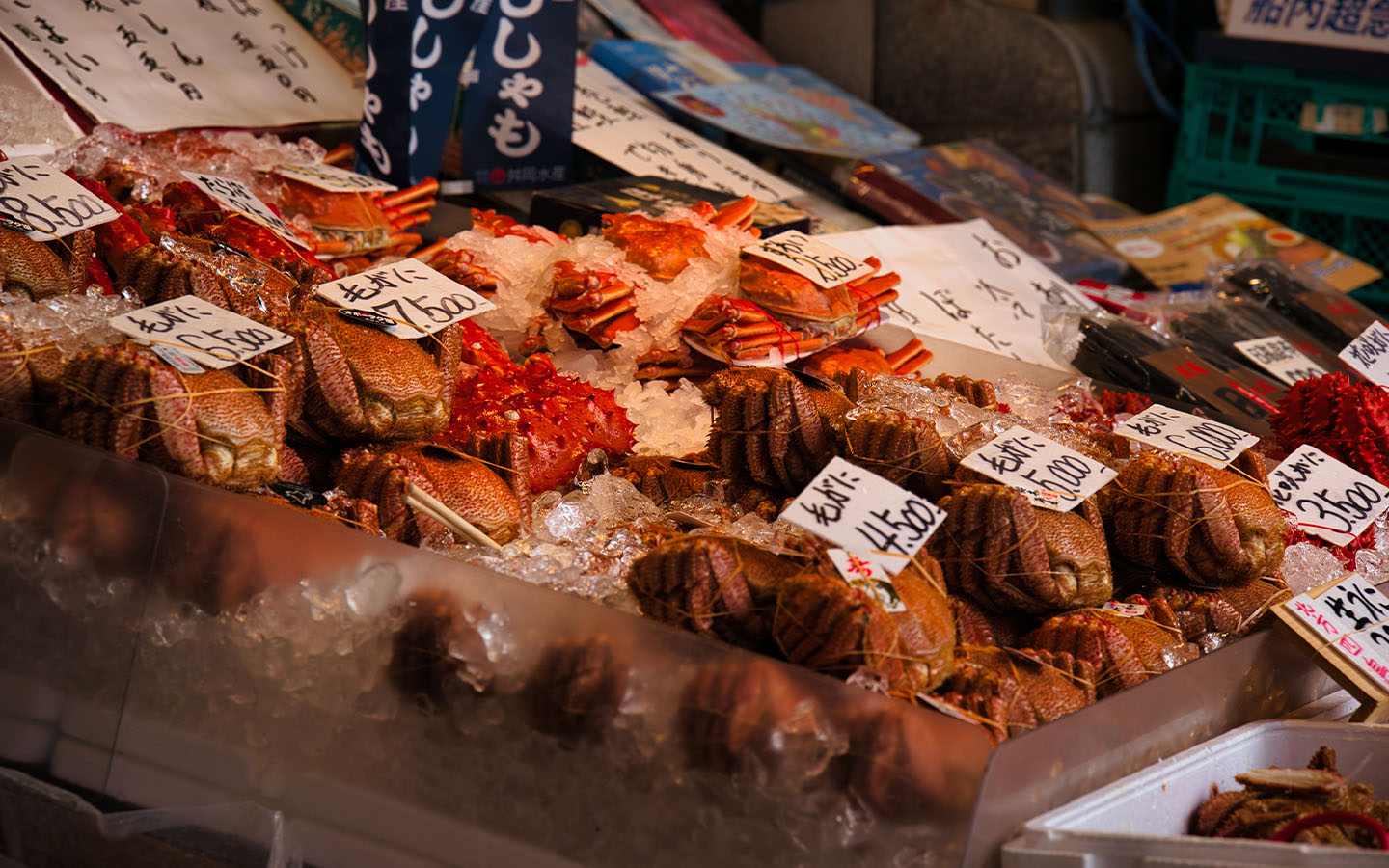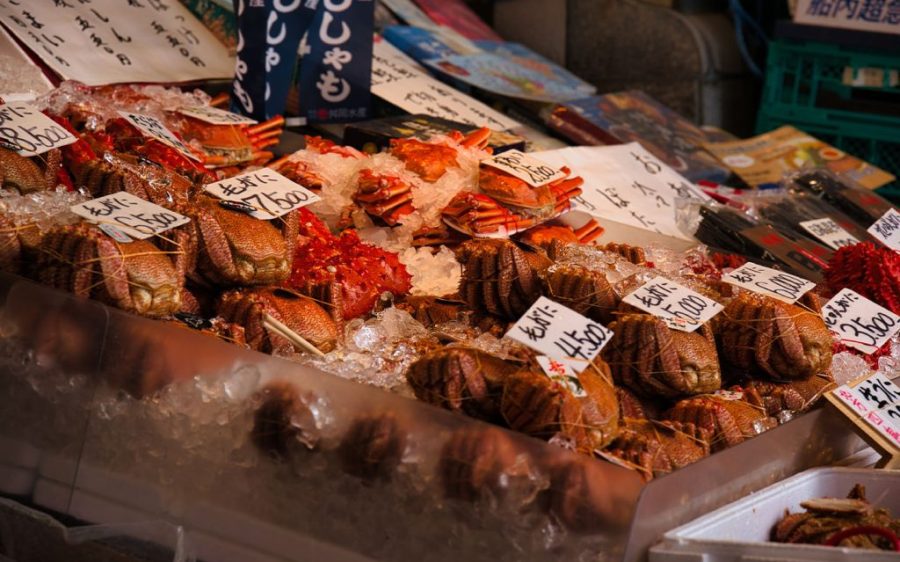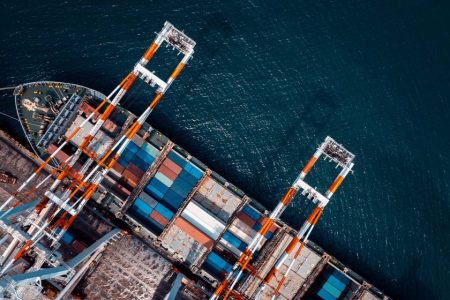Beijing is reportedly looking to scrap its ban on the import of Japanese seafood. According to Nikkei Asia, aquatic products could return to the mainland market as early as the first half of next year.
The potential policy shift was understood to be based on water samples taken from around the Fukushima nuclear power plant, as well as the two countries’ increasing efforts to warm up their diplomatic relations. China’s central government imposed blanket restrictions on Japanese seafood imports in August 2023, when Japan began discharging treated radioactive wastewater from the typhoon-hit Fukushima nuclear power plant into the sea.
However, the country’s Foreign Ministry spokesperson, Mao Ning, has remained tight-lipped on when exactly the ban might be lifted, telling media at her regular press briefing on Tuesday that “China will begin to adjust relevant measures based on scientific evidence and will gradually resume the import of Japanese sea products that meet standards.”
[See more: Macao’s ban on Japanese food imports: Your questions answered]
She stressed that Beijing remained opposed to Japan’s discharge of treated radioactive water and emphasised that it was “not possible to clearly explain the problem through the results of one or two tests.”
When the discharge began last year, the central government’s foreign ministry condemned Japan’s decision to release the water as “selfish and irresponsible” – though it had been determined by the UN’s nuclear watchdog to be safe.
In September of this year, the two countries struck a deal allowing mainland authorities to independently monitor and sample the water around the Fukushima power plant, alongside Japan, the International Atomic Energy Agency and other parties.
Reports of the ban’s possible lifting come as Chinese and Japanese senior officials reached an agreement on 10 points to further promote exchange between the two countries in areas such as culture, education, sports and tourism, Chinese state media reported.
China was not the only territory to impose a ban on Japanese seafood imports. Macao, Hong Kong and Russia also implemented similar measures.






